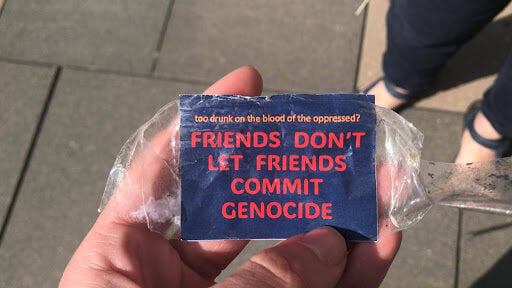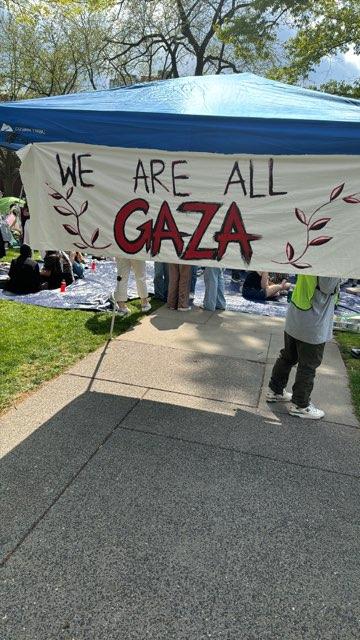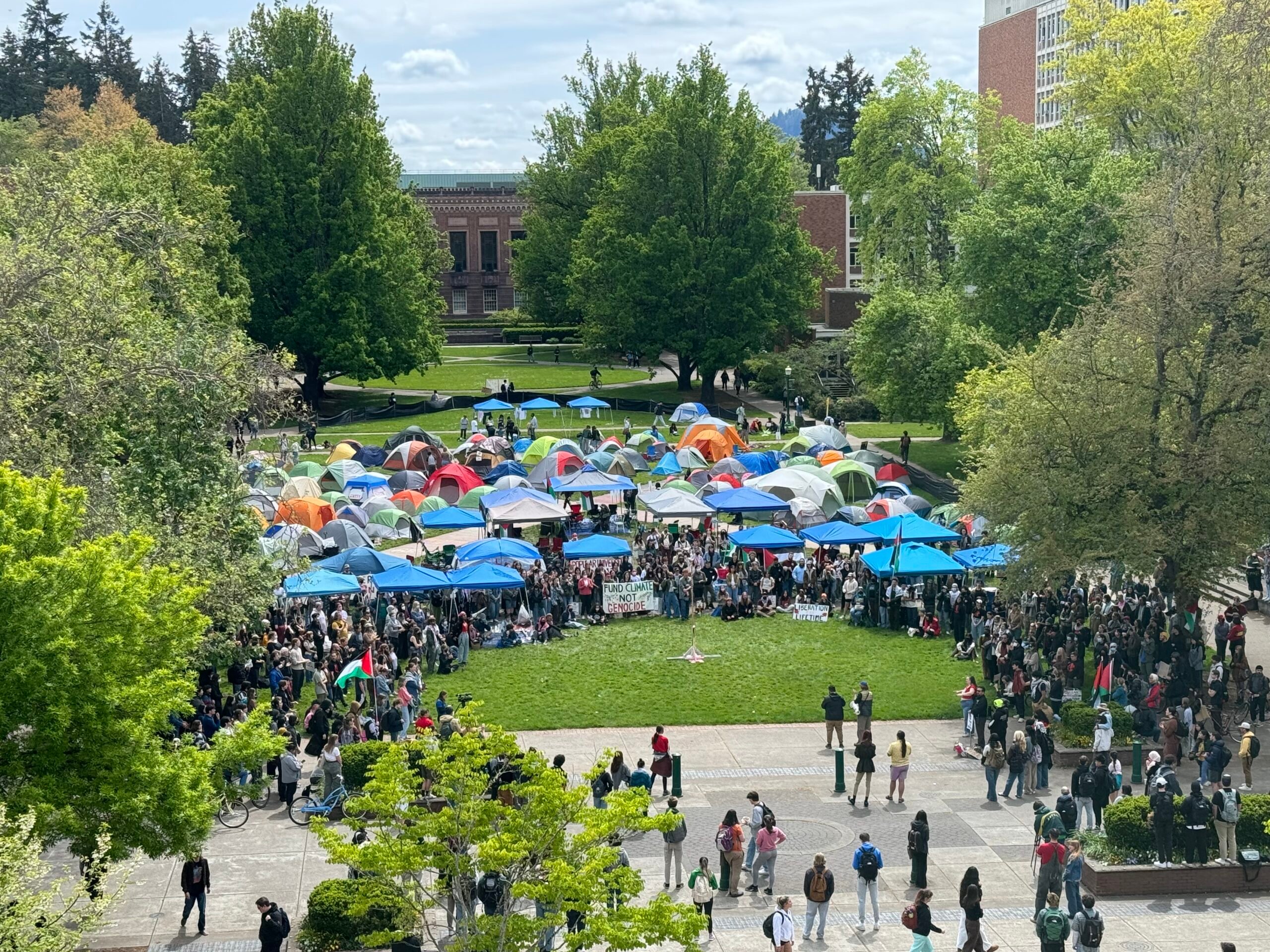
Al-Monitor—In a series of statements in public and on his website, Ayatollah Hashemi Rafsanjani has attacked former President Mahmoud Ahmadinejad for ruining relations with Saudi Arabia in 2008 and wasting Iran’s natural resources the last eight years through poor policies.
On Monday, Rafsanjani’s personal website published for the first time the contents of a 2008 conversation between him and the Saudi king, accompanied with a photo of the two embracing one another.
According the short transcript provided, both Rafsanjani and King Abdullah bin Abdulaziz Al Saud stressed that each other’s countries had a pivotal role to play in the Islamic world and that through an expansion of relations between the two, they could both fight extremism and strengthen religious cooperation. King Abdullah also reportedly said that he would “notify the Americans of their undiplomatic behavior toward the Islamic Republic of Iran.” The transcript did not name the specific issue to which this last comment referred.
A note at the end of the transcript claims that once Rafsanjani had returned to Iran from his Saudi Arabia trip, the foreign minister at the time, Manoucher Mottaki, published a false claim that the supreme leader’s representative for the Hajj pilgrimage to Mecca had been physically inspected at an airport in Saudi Arabia. This incident “strained relations” between the two countries, according to the note. The article claims that later, it was revealed that the foreign minister had been ordered to publish the false report by Ahmadinejad.
It is unclear why Rafsanjani would publish this news now, or whether the content is even accurate. It is no secret that Rafsanjani and King Abdullah have a close personal relationship. But the two countries are now at odds over Syria’s bloody war. Iran has sided with President Bashar al-Assad, while Saudi Arabia has sided with the opposition. Iranian officials have blamed Saudi Arabia for supporting extremist groups in the Middle East and according to US Secretary of Defense Robert Gate’s memoir, in 2007, the Saudi king asked the United States for a “full-scale military attack on Iranian military targets, not just the nuclear sites.”
Rafsanjani, particularly in the last several years, has been pushing for a toned-down foreign policy. In late January, his website published an interview he gave to Shafaqna, in which he warned the heads of Iran and Saudi Arabia about the “cold war” between them and said that it would lead to the despondency of Muslims and the loss of their assets.
[Last week] at the 2025 International Symposium, Rafsanjani criticized Ahmadinejad’s government for Iran’s inability to extract its natural resources at an optimum level.
“If we had wisely extracted our energy [resources], we would be a huge power,” Rafsanjani said. “We cannot extract our energy due to the lack of technology, and we have lost our basic resources due to the incorrect policies of the last seven to eight years.” Due to international sanctions, many energy companies would not work with Iran in either their oil or gas extraction, both which are underperforming. The last eight years coincide with Ahmadinejad’s two terms in office.
After suffering a humiliating defeat to a relatively unknown Ahmadinejad in the 2005 presidential elections, Rafsanjani and Ahmadinejad became bitter rivals. Ahmadinejad often pointed to Rafsanjani’s wealth and accusations of corruption while presenting himself as a simple and honest politician.
However, the two have had a change of fortune recently. Ahmadinejad is blamed for a variety of issues, most significantly economic corruption during a time of unparalleled high oil prices and fiery rhetoric that led to Iran’s international isolation. Rafsanjani today is more often viewed—even by the Reformist media outlets that were once his harshest critics—as someone whose moderate views can help bring Iran out of its economic and political isolation.
By Arash Karami, Al-Monitor.com, Iran Pulse












